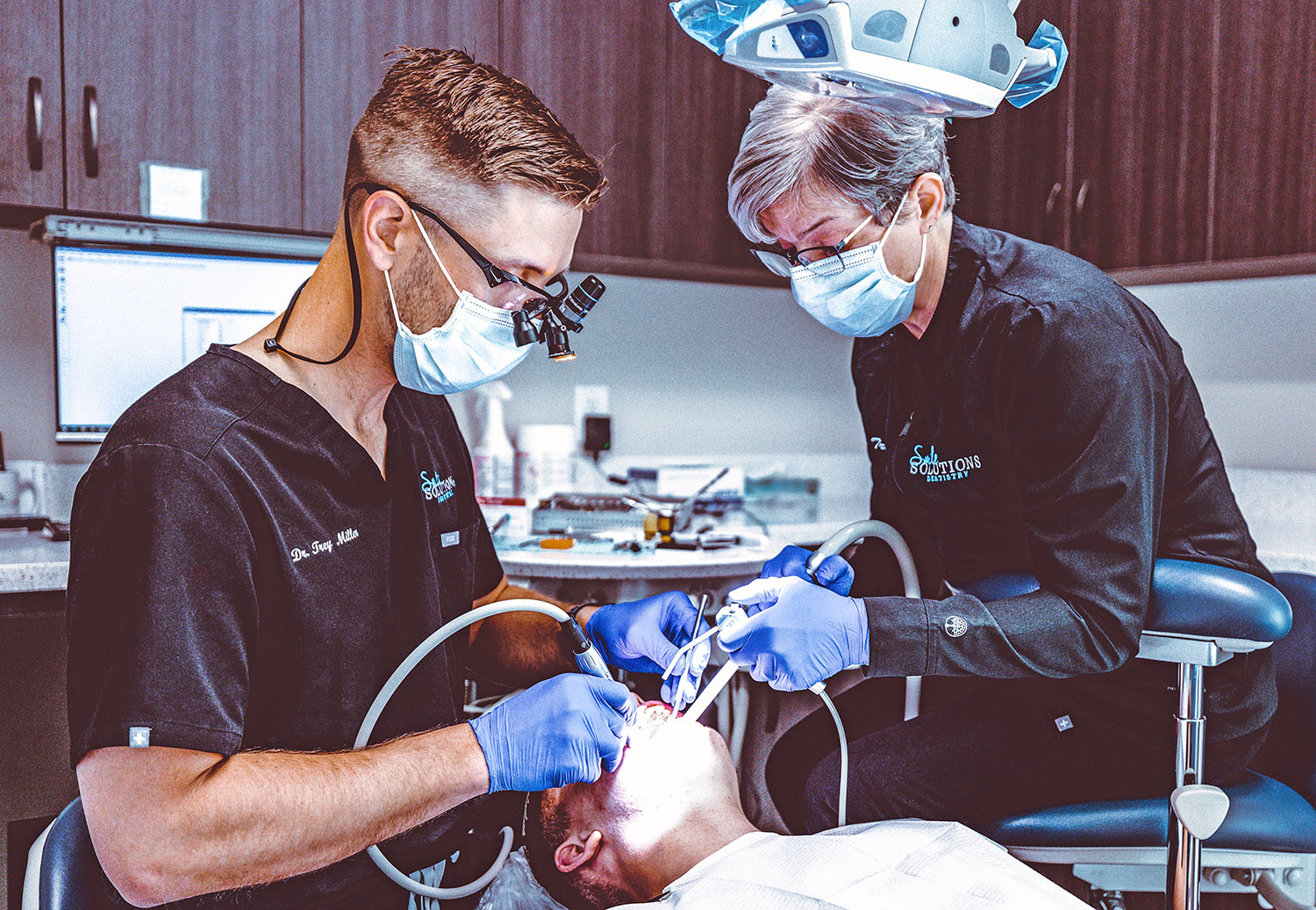Receding Gums: What Can Happen If Left Untreated
Receding gums, or gingival recession, is a common dental issue that can have a significant impact on your oral health if left untreated. In this article, we will explore what receding gums are, the causes, and the potential consequences of neglecting this condition.
Understanding Receding Gums
Receding gums occur when the gum tissue that surrounds your teeth gradually pulls back, exposing more of the tooth or even its root. This can create gaps or pockets between the teeth and gums, which may lead to a variety of problems.
Causes of Receding Gums
Several factors can contribute to gum recession:
1. Gum Disease
Periodontal disease is one of the leading causes of receding gums. It’s an infection that can damage gum tissue and the supporting bone, leading to gum recession.
2. Poor Oral Hygiene
Inadequate brushing and flossing can lead to the buildup of plaque and tartar, both of which can contribute to gum recession.
3. Aggressive Brushing
Brushing your teeth too vigorously can erode enamel and irritate the gums, potentially causing them to recede.
4. Genetics
Some people are more predisposed to gum recession due to their genetic makeup.
5. Tobacco Use
Smoking or chewing tobacco can be detrimental to gum health and may lead to gum recession.
6. Hormonal Changes
Fluctuations in hormones, such as those during pregnancy, menopause, or certain medical conditions, can make gums more susceptible to recession.
Consequences of Untreated Receding Gums
If receding gums are left untreated, several negative consequences may arise:
1. Tooth Sensitivity
Exposed tooth roots can lead to increased sensitivity to hot and cold temperatures.
2. Tooth Decay
Recession can leave the tooth root vulnerable to decay, as this area lacks the protective enamel covering.
3. Gum Infections
Pockets between the teeth and gums can trap food particles and bacteria, potentially leading to gum infections.
4. Tooth Mobility
Weakened support from the gums and bone can cause teeth to become loose and even shift in position.
5. Cosmetic Concerns
The aesthetic appearance of your smile may be affected as more of your tooth becomes visible.
6. Bone Loss
In severe cases, untreated gum recession can lead to significant bone loss in the jaw, affecting the stability of your teeth.
Preventing and Treating Gum Recession
To prevent gum recession, it’s essential to maintain good oral hygiene practices, including regular dental check-ups and cleanings. If you notice signs of receding gums, such as tooth sensitivity or exposed roots, consult your dentist promptly. Treatment options may include deep cleaning, scaling and root planing, gum graft surgery, or other interventions depending on the severity of the condition.
Conclusion
Receding gums are a dental concern that should not be ignored. Untreated gum recession can lead to a range of dental problems, so it’s crucial to address the issue promptly with the guidance of a dental professional. Remember that good oral care is your first line of defense in preventing and managing gum recession.




